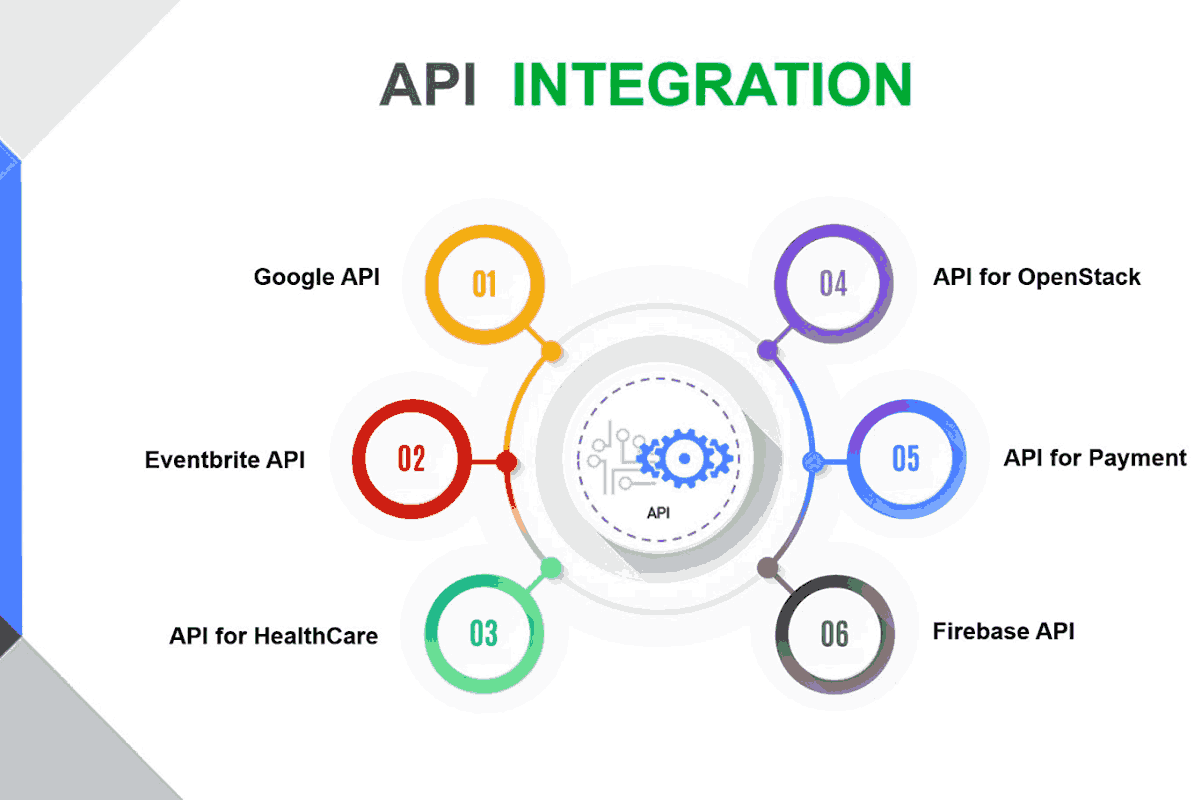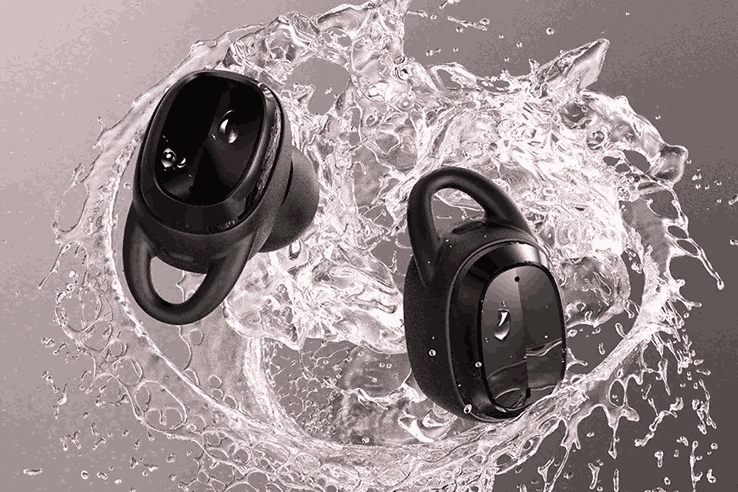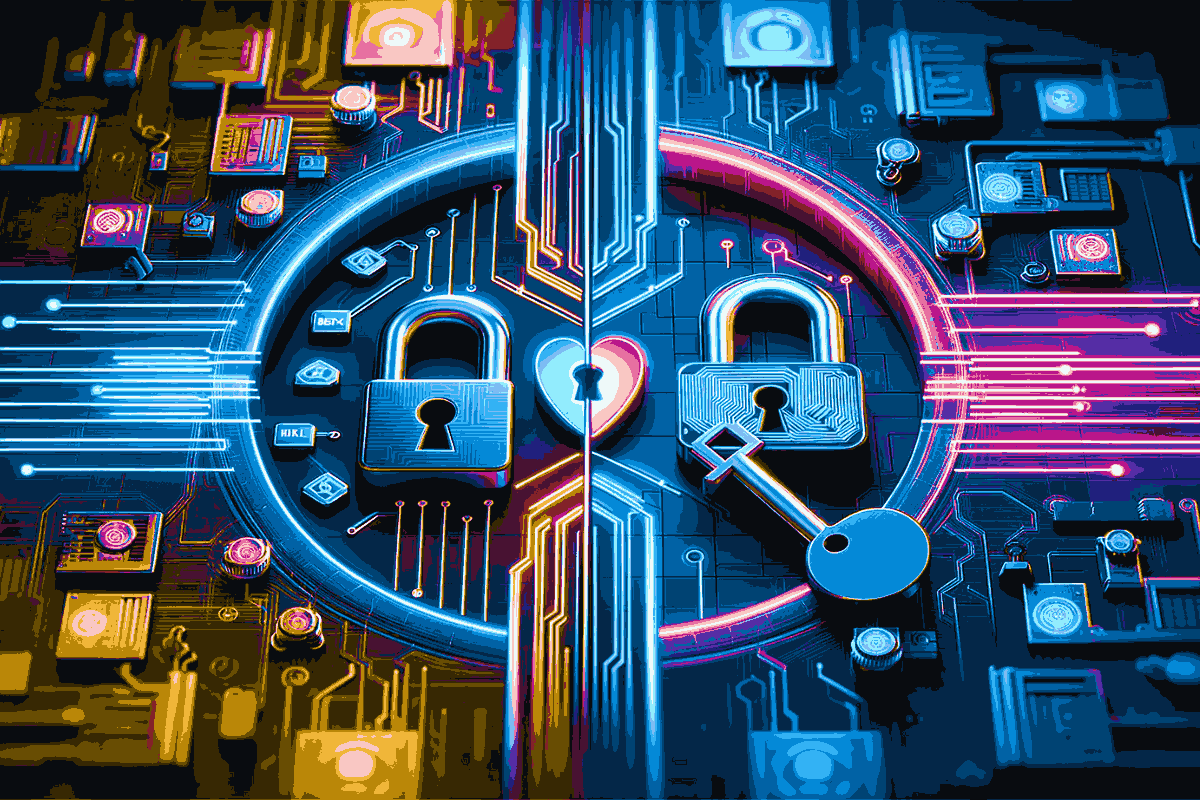
If you’re venturing into the Linux world or trying to decide on a stable operating system for your projects, you’ve likely come across two major names: Ubuntu and Debian. While they may seem similar at a glance, each serves a different purpose and user base. This article aims to help you understand their differences and choose the one that best fits your needs.
The Foundation of Both Worlds
Debian is one of the oldest and most respected distributions in the Linux ecosystem. It’s built with stability and openness in mind. The system is developed by a global community and known for its commitment to free software standards. It’s the base for many other distros, including Ubuntu.
Ubuntu, created by Canonical in 2004, is based directly on Debian but is tailored for user-friendliness. It aims to make Linux accessible to all, from home users to enterprises. Because of this, it comes with more built-in tools and smoother hardware support.
Who Should Use What?
If you’re just starting out with Linux and want something that works out of the box, Ubuntu is a strong choice. It comes with a graphical installer, desktop environments, and a wide range of pre-installed software. Its interface is modern, and it requires less manual setup.
On the other hand, Debian appeals more to experienced users or those who want full control over their environment. While it can also be used on desktops, it shines on servers and mission-critical systems due to its reliability. The installation process is more flexible but can be challenging for newcomers.
Release Cycle and Software Updates
Debian follows a conservative update cycle. Stability is the top priority, which means software versions are often a few releases behind the latest. This is ideal for those who prefer a "set it and forget it" system where things rarely break.
Ubuntu offers two types of releases: LTS (Long-Term Support) and regular releases. LTS versions are supported for five years and are great for those who want a stable system with reasonably up-to-date packages. The regular releases come out every six months and include newer features and improvements, making them suitable for desktop users who like to stay current.
Community and Support
Both operating systems are supported by strong communities, but the structure differs. Debian is completely community-driven, with a democratic approach to decision-making. It has extensive documentation and forums, but support can take time as it depends on volunteers.
Ubuntu benefits from both community help and commercial support from Canonical. This makes it appealing to businesses or professionals who may require official assistance. It also means you’ll often find more tutorials and guides geared specifically toward Ubuntu users.
Performance and Customization
If performance is your top concern, especially on older hardware, Debian usually performs better. It’s lightweight and doesn’t come loaded with unnecessary software. You install only what you need, making it more efficient in resource usage.
Ubuntu, while slightly heavier, provides a polished and full-featured experience. It includes drivers, codecs, and user-friendly applications by default. This can save time and effort for those who just want a working system right after installation.
Compatibility and Software Availability
Because Ubuntu is more widely adopted, many third-party applications and services officially support it first. Although Debian can run the same software, you may need to configure things manually or wait a bit longer for updates.
Both systems use the same package format (.deb) and share many repositories, but Ubuntu maintains its own versions that are often more current. For general desktop use, this can make a noticeable difference in terms of software compatibility.
Final Thoughts
Choosing between Ubuntu and Debian isn’t about which one is better—it's about which one is better for you.
-
Go with Ubuntu if you want a user-friendly experience, active support, and easier access to modern features.
-
Choose Debian if you value stability, minimalism, and greater control over your system.
Either way, you’re stepping into a powerful, open-source world where freedom and customization come standard. Whether for personal use, development, or server deployment, both options offer solid foundations for whatever you plan to build.
Keywords:
- Ubuntu vs Debian











Leave a comment